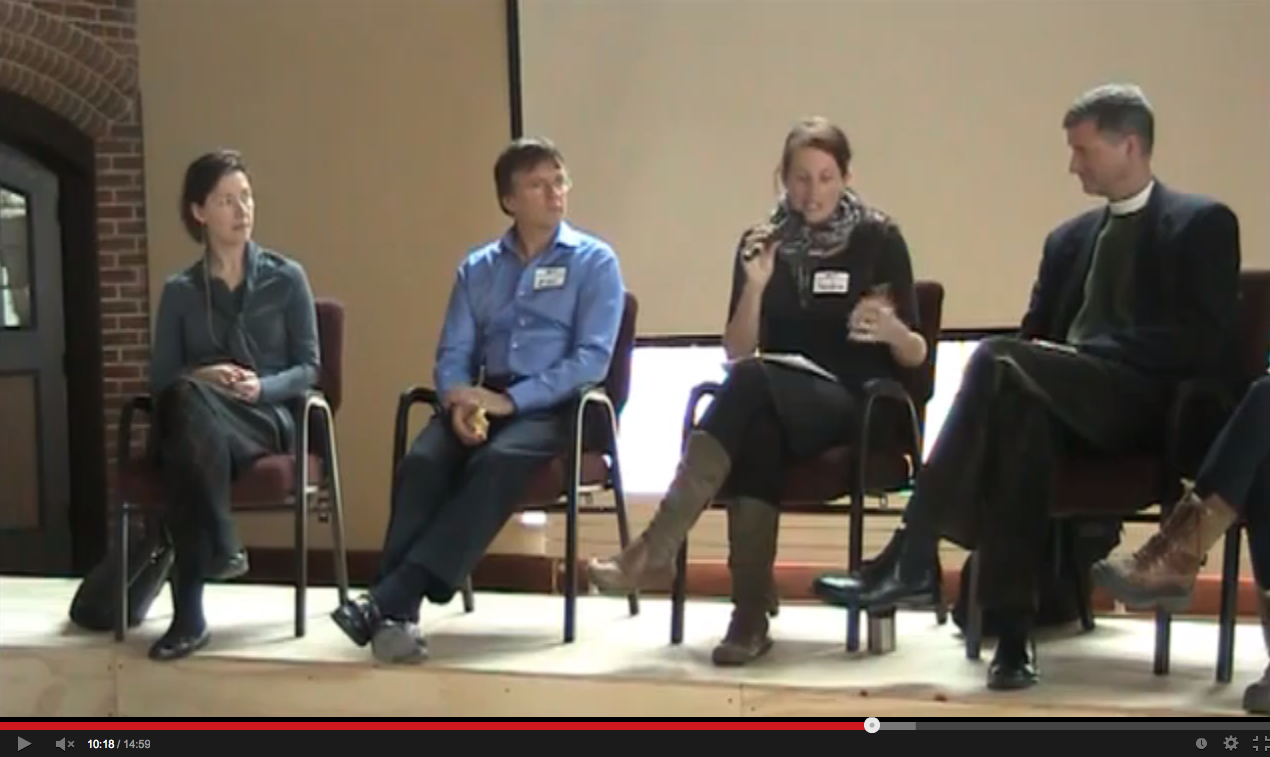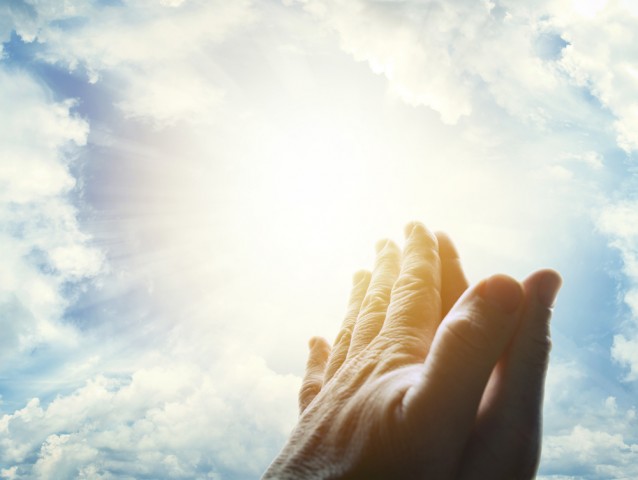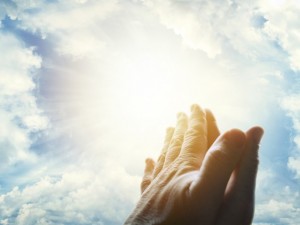Sept. 10th Webinar: Fossil Fuel Divestment & Faith
Divestment seems to be the buzzword lately. But what is it? What does it mean?
The webinar will feature perspectives from the United Church of Christ, Presbyterian Church (USA), and the United Methodist Church around what is happening in different denominations, regionally, and worldwide around fossil fuel divestment.
What: Fossil Fuel Divestment & Faith Webinar
When: September 10th, 4pm EST/1pm PST
Why: To learn more about divestment!
How: Register HERE
This webinar is being sponsored by the US-based Creation Justice Ministries

VIDEOS: Divestment or What? Toronto, 2014

World Council of Churches Divests
 Group Representing Half A Billion Christians Says It Will No Longer Support Fossil Fuels
Group Representing Half A Billion Christians Says It Will No Longer Support Fossil Fuels
By Emily Atkin
(Photo credit: Shutterstock)
A large umbrella group of churches representing more than half a billion Christians worldwide announced Thursday that it would pull all of its investments in fossil fuels, saying it had determined the investments were no longer ethical.
The World Council of Churches, a global coalition of 345 churches, made the decision to no longer fund oil, gas, or coal at its central committee meeting in Geneva, and recommended that its members do the same. “The committee discussed the ethical investment criteria, and considered that the list of sectors in which the WCC does not invest should be extended to include fossil fuels,” read the finance policy committee report.
The WCC’s member churches — which include the 25 million-member Church or England and the 48 million-member Ethiopian Orthadox Tewahedo Church, among others — will not be forced to divest themselves, but advocates say the announcement represents broad support among Christians for action to fight climate change.
“The World Council of Churches reminds us that morality demands thinking as much about the future as about ourselves — and that there’s no threat to the future greater than the unchecked burning of fossil fuels,” Bill McKibben, the founder of 350.org, said in a statement. “This is a remarkable moment for the 590 million Christians in its member denominations: a huge percentage of humanity says today ‘this far and no further.’”
Though the WCC’s announcement doesn’t require its member churches to divest, its recommendation may give some the push they need. The Church of England, for example, already announced that it was considering redirecting its investments in an effort to battle climate change. The Church of England holds an endowment of more than $9 billion.
The WCC is far from the first religious group to pledge divestment from fossil fuels. In June, New York’s Union Theological Seminary became the first seminary in the world to cut oil, gas and coal investments from its $108.4 million endowment. In 2013, The United Church of Christ became the first national denomination to do the same. And on June 29, The Unitarian Universalist Association’s national General Assembly voted to divest from any holdings in 200 fossil fuel companies included on climate activists’ Carbon Tracker list.
Preserving the climate and the environment is a growing concern among religious groups, many of which see the issue as not only ethical, but spiritual — a way to respect God’s creation. Though the Catholic Church is not a member of the WCC, Pope Francis has spoken widely about his concern for the environment, most recently telling a group of fellow Catholics that rainforest destruction is a “sin.”
“This is one of the greatest challenges of our time: to convert ourselves to a type of development that knows how to respect creation,” the pope said. “When I look at America, also my own homeland (South America), so many forests, all cut, that have become land … that can longer give life (sic). This is our sin, exploiting the Earth and not allowing her to her (sic) give us what she has within her.”